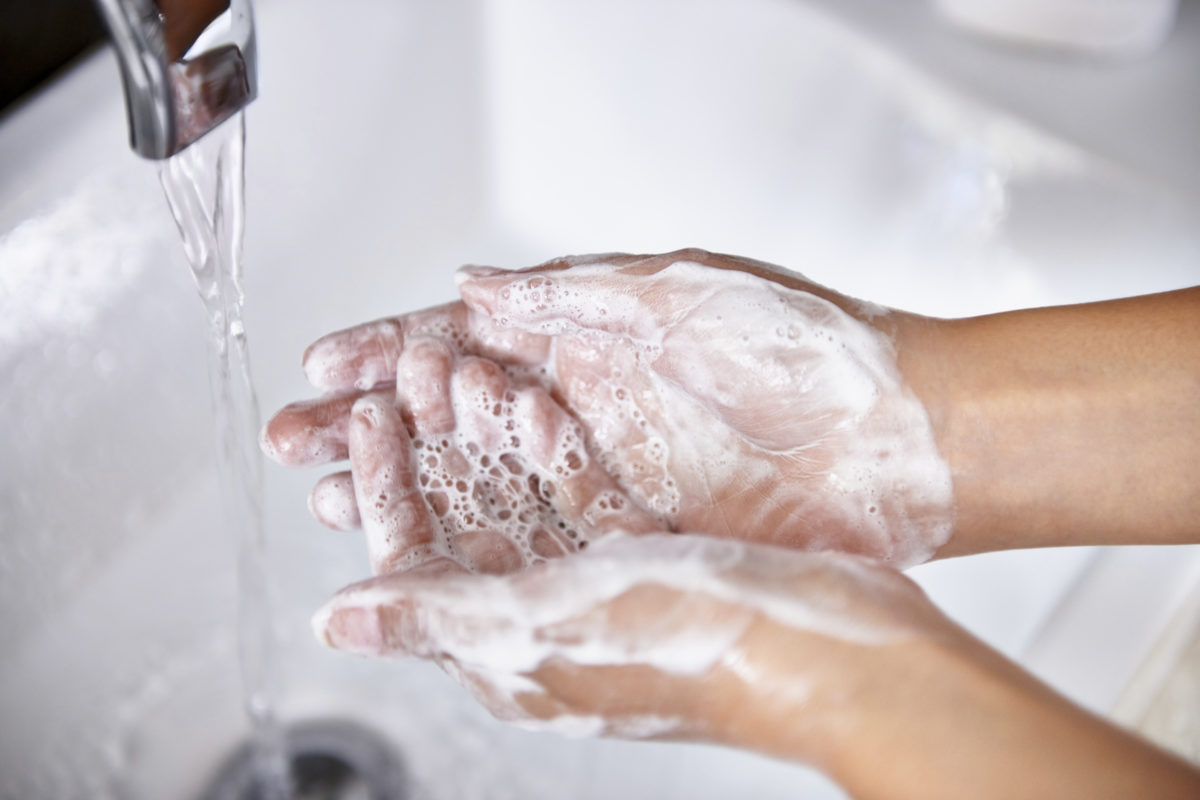Regular handwashing is the best way to keep yourself healthy and prevent the spread of illness in your family and community. Washing hands physically with soap and water removes germs by way of friction. A good vigorous 20-second rub of front and back of hands and in between fingers, then rinsing, will remove microbes down the sink. Then follow by drying hands thoroughly with a single use paper towel.
Adults and children should wash their hands:
• Before eating
• Before preparing food items
• If visibly dirty
• After changing a nappy
• After blowing your nose
• After toileting
• Caring for someone who is sick
• After any contact with bodily fluids, including cuts, rashes and wounds
• After touching animals
• Handling rubbish
• After touching raw meats especially red meats and chicken
Alcohol-based preparations in the form of a solution, foam or gel, with a minimum of 60 % alcohol can also decontaminate a number of germs on hands. These products kill most bacteria and viruses on contact. The advantage of these over soap and water is that they can kill more germs and are not overly dry on your skin. These preparations are commonly used in clinic and hospital settings alongside regular handwashing. It is important to note that whilst they reduce germs, alcohol-based products cannot remove visible soiling or contamination on hands, and this grime creates a barrier. Soap and water are therefore preferable if there is visible dirt and contamination. Using alcohol-based rubs, when out in the community to decontaminate hands before eating or when changing a nappy is worthwhile if you are unable to source water and soap.
Helpful Hints:
• Cough and sneeze into a tissue or elbow, not straight into your hands
• Stay at home if you are unwell
• Remind others you live with to wash hands
• Regularly clean shared household items eg toys, equipment
• Be a good role model

